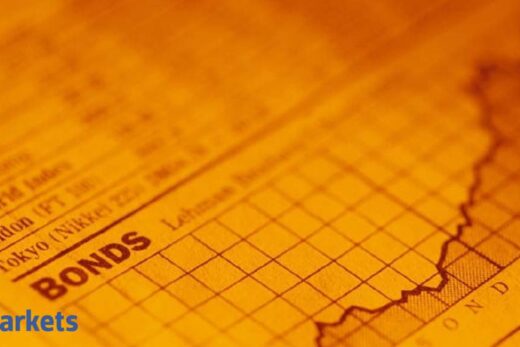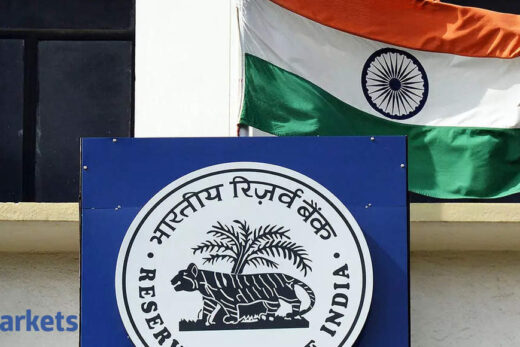Concerned over the astronomical rise in fuel prices, RBI Governor Shaktikanta Das on Friday indirectly urged the government to cut taxes on petroleum products.
“Efforts to contain cost-push pressures through a calibrated reversal of the indirect taxes on fuel could contribute to a more sustained lowering of inflation and an anchoring of inflation expectations,” Das said in his speech on Friday.
Petrol sold at close to Rs 110 a litre in Mumbai on Friday, and is above Rs 100 mark in almost all states. Diesel prices have also hit the Rs 100 mark in cities like Hyderabad and Jaipur. Rising LPG prices, now close to Rs 1,000 a cylinder in some states, are also weighing on the pockets of Indian households.
Though the recent spike in retail prices has been largely due to sharp runup in international crude oil prices, it is a fact that taxes make more than half of the fuel prices. The government had increased taxes sharply when international crude oil prices dropped at the start of Covid-19 pandemic. And it is yet to roll them back, even though the crude oil prices are at a multi-year peak.
“I am not too sure if the Centre will respond to it (Das’s suggestion) or not, but this is clearly the major source of inflation. I am glad that the Governor explicitly highlighted it. The ball is now in the government’s court,” said Abheek Barua, Chief Economist, HDFC Bank.
A recent Goldman Sachs report suggests that crude oil could cross $90 a barrel in December. In such a scenario, the fuel price burden on citizens would rise sharply unless the taxes are rolled back.
Das’ comment also pointed towards such a situation.
This is not the first time RBI has blamed high taxes on fuel as the reason for the spike in inflation. The central bank in August last year had remarked that higher domestic taxes on petroleum products have resulted in elevated domestic pump prices.
There are two kinds of taxes on petrol and diesel in the country. The central government levies excise and a cess while state governments impose add-on value added taxes (VAT). Varying VAT is the reason fuel prices differ across the country.
There has been a demand to bring fuel under Goods and Services Tax (GST), which will not just result in uniform prices but also likely lower them. However, the central and state governmenys have not paid much heed to the demand.
Taxes on fuel are a major revenue source for governments. Crisil Ratings in its projection said it expects fuel sales tax revenue for states to increase about 30 per cent this fiscal from last fiscal.



